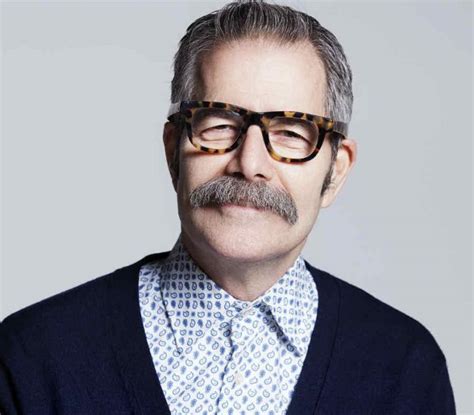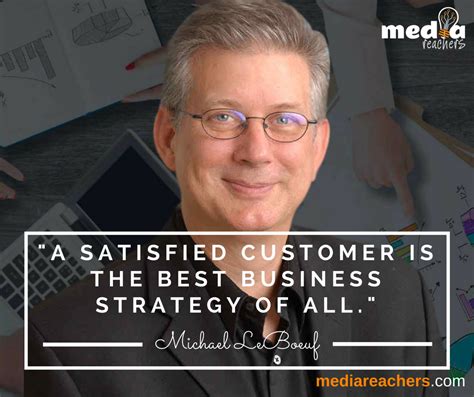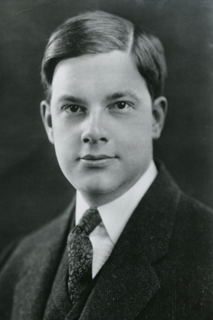A Quote by Conrad Aiken
It is precisely the sort of thing I am always trying to do in my writing -- to present my unhappy reader with a wide-ranged chaos -- of actions and reactions, thoughts, memories and feelings -- in the vain hope that at the end he will see that the whole thing represents only one moment, one feeling, one person. A raging, trumpeting jungle of associations, and then I announce at the end of it, with a gesture of despair, "This is I!
Related Quotes
In that one slight motion, I see the end of hope, beginning of destruction of everything I hold dear in the world. I can't guess what form my punishment will take, how wide the net will be cast, but when it is finished there most likely be nothing left. So you would think that at this moment, I would be in utter despair.
Let each of us examine his thoughts; he will find them wholly concerned with the past or the future. We almost never think of the present, and if we do think of it, it is only to see what light is throws on our plans for the future. The present is never our end. The past and the present are our means, the future alone our end. Thus we never actually live, but hope to live, and since we are always planning how to be happy, it is inevitable that we should never be so.
I am a wicked man... But do you know, gentlemen, what was the main point about my wickedness? The whole thing, precisely was, the greatest nastiness precisely lay in my being shamefully conscious every moment, even in moments of the greatest bile, that I was not only not a wicked man but was not even an embittered man, that I was simply frightening sparrows in vain, and pleasing myself with it.
What is hope but a feeling of optimism, a thought that says things will improve, it won't always be bleak, there's a way to rise above the present circumstances. Hope is an internal awareness that you do not have to suffer forever, and that somehow, somewhere there is a remedy for despair that you will come upon if you can only maintain this expectancy in your heart.
How often I have tried to tell writing students that the first thing a writer must do is love the reader and wish the reader well. The writer must trust the reader to be at least as intelligent as he is. Only in such well wishing and trust, only when the writer feels he is writing a letter to a good friend, only then will the magic happen.
All of us live at the feeling level, and our feelings are in large part a result of the way we perceive things. You observe or are told something, you interpret it, and only then do you have a reaction at the feeling level. The point is that feeling is preceded by perception, and all of us are capable of controlling our interpretation [the associations and assumptions] of what we see. If we can control our interpretation, then it logically follows that we can exercise some control over our feelings as well.
At present, I am a poet trying to be a soldier. To tell the truth, I am not interested in writing nowadays, except in so far as writing is the expression of something beautiful ... The only sort of book I care to write about the war is the sort people will read after the war is over - a century after it is over.
We are the ones who take this thing called music and line it up with this thing called time. We are the ticking, we are the pulsing, we are underneath every part of this moment. And by making the moment our own, we are rendering it timeless. There is no audience. There are no instruments. There are only bodies and thoughts and murmurs and looks. It's the concert rush to end all concert rushes, because this is what matters. When the heart races, this is what it's racing towards.



































